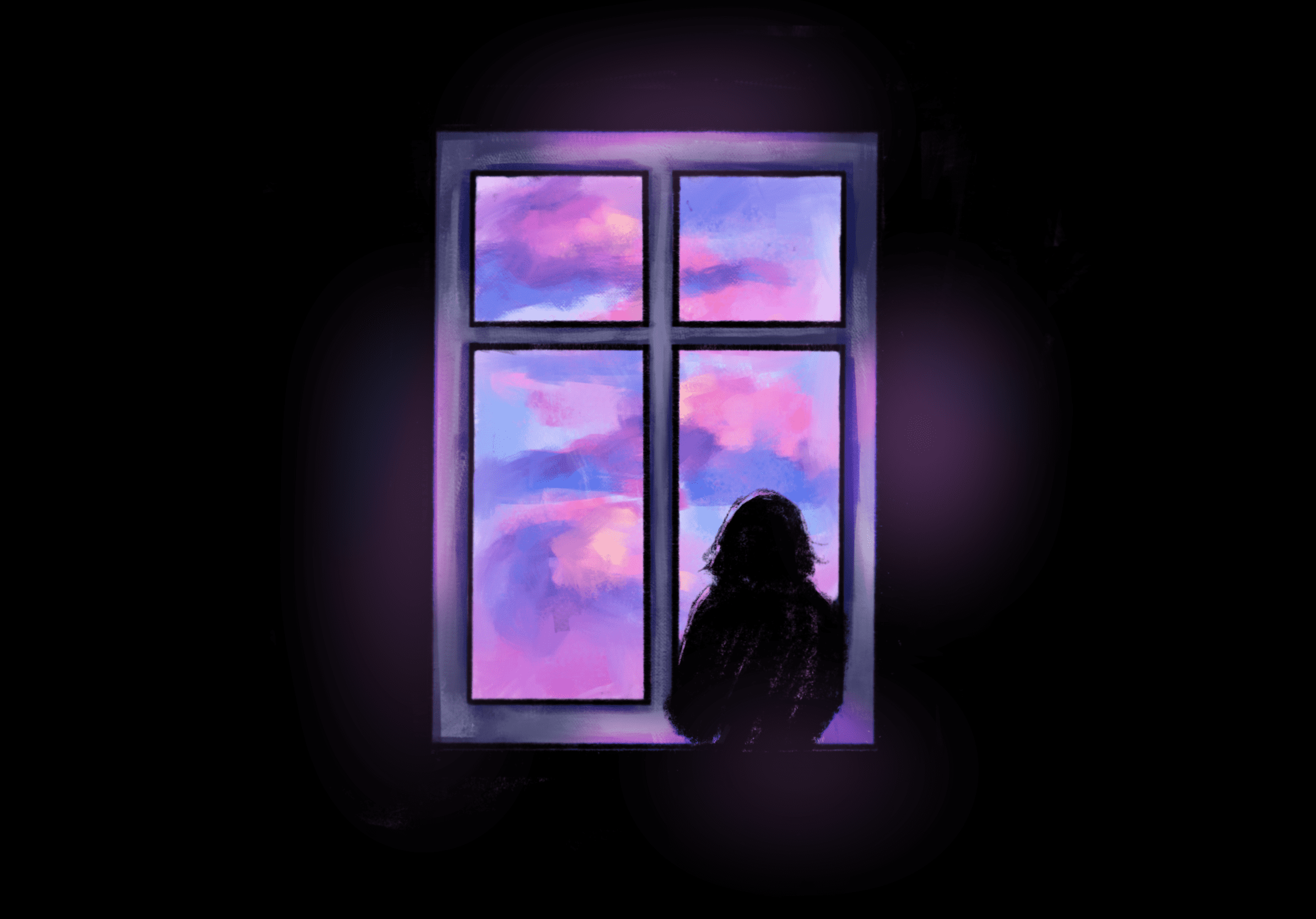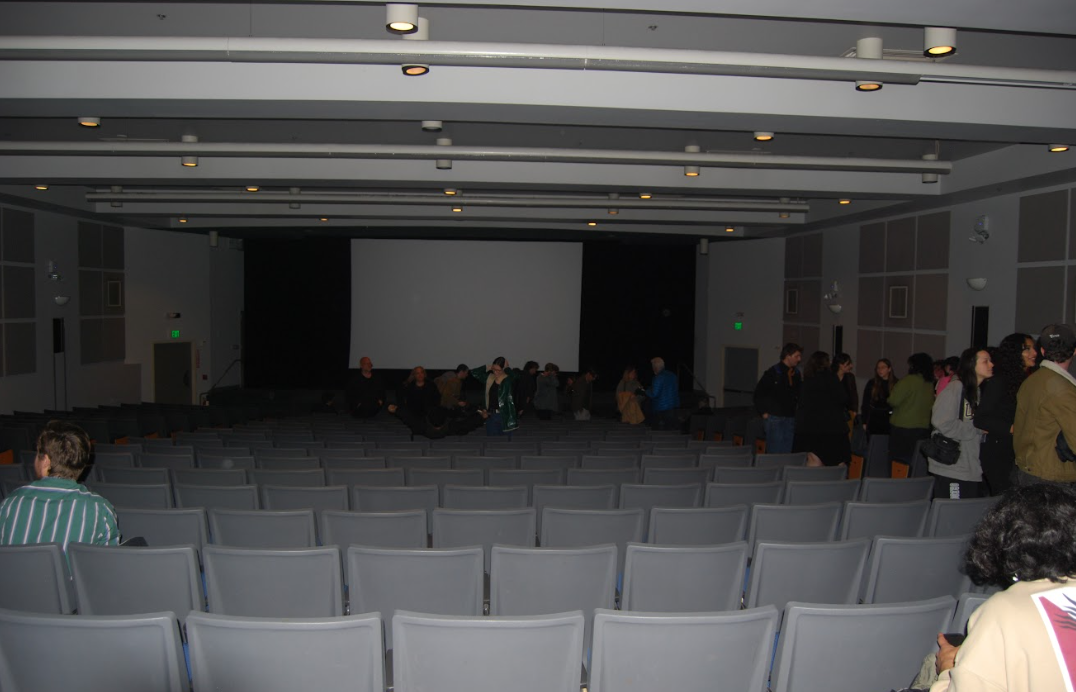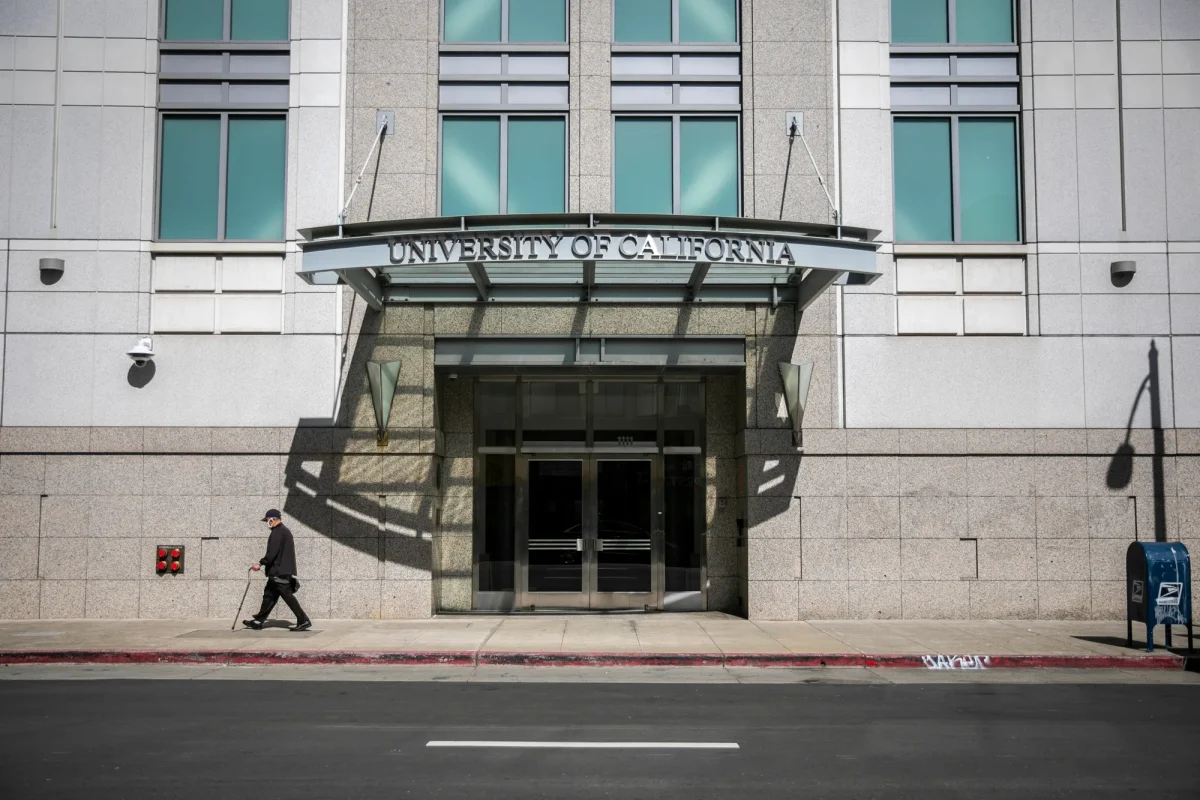UC San Diego Counseling and Psychological Services has recently created new programs to provide students with more opportunities for mental health service. The office will now have longer weekday hours and will increase the accessibility of meetings by having online appointments, single-counseling sessions, and informal drop-in conversations.
Starting in February, CAPS hours have been expanded to be from 8:30 a.m. to 6:30 p.m. Monday through Friday. CAPS has also hired new clinical social workers and plans to hire new psychologists and psychiatrists. CAPS is looking to hire people that will help promote diversity and LGBTQ services.
“Under my direction, Elizabeth Simmons, executive vice chancellor; Alysson Satterlund, vice chancellor for student affairs; and Patty Maysent, UC San Diego Health CEO have unified their teams to develop new programs that are making significant inroads into mental health issues,” Chancellor Pradeep Khosla said in a statement to the UCSD Guardian. “They continue to adjust and expand these programs, entering into new partnerships with off-campus mental health providers and advocating at the UC system and state levels to invest additional resources for expanding and deepening services.”
One of these new services is single counseling sessions, where students will be able to meet with counselors to talk about general college stressors. These short term sessions will help students manage college life and be better prepared for challenges they may face in their academic and extracurricular career.
“These students are not in a state of crisis, but time might be of essence for their peace of mind as we confront the vicissitudes of every event that touch our lives that require a moment of reflection, problem solving, and decision making,” a university representative said to the Guardian. “Research has clearly demonstrated that clients get the most benefit from mental health services in the first few sessions.”
Modeling off of faculty office hours, CAPS’s Let’s Talk program will allow students to learn more about its services and understand what it’s like to speak to a psychologist. These informal sessions will take place at rotating locations on campus each week. CAPS administrators hope that having these embedded counselors in colleges and community centers will promote accessibility and destigmatize mental health concerns.
CAPS will also now have video appointments for students who may not be able to visit the formal office, like commuters or those with busy work schedules. These video appointments will improve CAPS’ “tele” mental health services to better connect students with psychotherapists.
“Currently we are piloting with video appointments offered during normal business hours; however, our hope is to expand this to potentially non-traditional work hours,” the representative said. “For our initial pilot testing, there are designated psychologists and a psychiatrist who have volunteered to do Video Visits, but our expectation is that all CAPS staff will offer this as an option.”
As of March, CAPS has hired one full time Clinical Social Worker and one per diem. By Spring Quarter, CAPS hopes to increase its staff with six psychologists and one per diem psychiatrist. These new workers will be hired on criteria that will best cater to the needs of students of color and those in the LGBTQ community. If all vacant positions are filled, the patient to psychologist ratio will be 1:1,239.
“Are they multicultural? Are they bilingual? Training and demonstrated experience working with specific student populations identified in need of specialized care and expertise,” the representative said. “CAPS operates from a self-assessment culture whereby we identify future staffing characteristics that complement our existing team of mental health professionals and clinical support administration. The Post-Doctoral Residents and the Wellness Peer Educators play a crucial role in enhancing CAPS diversity too.”
In addition to these programs, CAPS administrators stress that the entire university will need to work together to promote mental wellbeing. CAPS aims to get more students to participate in its services through its increasing use of technology to provide care, like iFlorish, video appointments, or Live Health Online. However, as CAPS expands, it will need more financial support to pay for new programs.
“CAPS funding allocations are 95 percent for staff salaries and 5 percent for operation,” the representative said. “Current funding needs to be augmented to reach the 1:1,000 staff-to-student ratio standard from the International Accreditation of Counseling Services (IACS), to bring homeostasis into the system by eliminating gaps between demand for services and CAPS capacity, thus facilitating access in a consistent manner through times of student body growth. While the student body has grown by 30 percent, the demand for services at CAPS has grown by 90 percent, creating a disparity.”
Thus, the CAPS expansion has been followed by the introduction of a new referendum to increase funding for the new services through students’ fees. Recently passed by Associated Students to appear on the 2020 election ballot, the referendum would charge students $20.71 starting in Fall Quarter 2020. The fee would increase each subsequent year.
71 percent of the fee would go to funding personnel and programs for CAPS while the other 29 percent would go towards financial aid to students. The referendum would also create the Student Mental Health Advisory Committee to oversee funding allocations from the proposed fee. Students will get to decide whether or not to institute this fee when they vote in AS elections this spring.
Artwork by Angela Liang for the UCSD Guardian.














